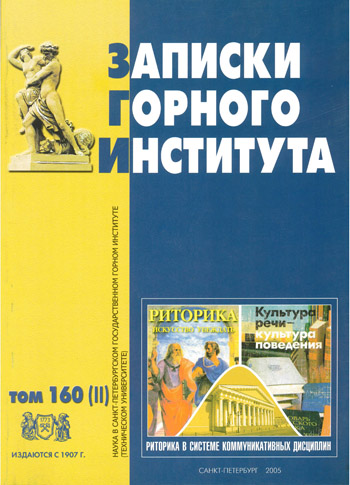About some features of explanatory dialog as a genre of educational speech
- Astrakhan State University
Abstract
Explanatory dialog is a genre of educational speech, which gives listeners new knowledge, reflects its birth. Such a dialog should take into account extralinguistic factors (communication situation, functions and relations of participants, communication style), which predetermine the action of linguistic factors. The driving force of the explanatory dialog is a question, and a question not only on the part of the teacher, but also on the part of the learner. Important elements of dialog are verbal repetitions, thoughtful alternation of informative and redundant, various means of expressiveness. Undoubtedly, the explanatory dialog is one of the most difficult genres of educational speech, but it contributes to the optimal solution of learning tasks.
